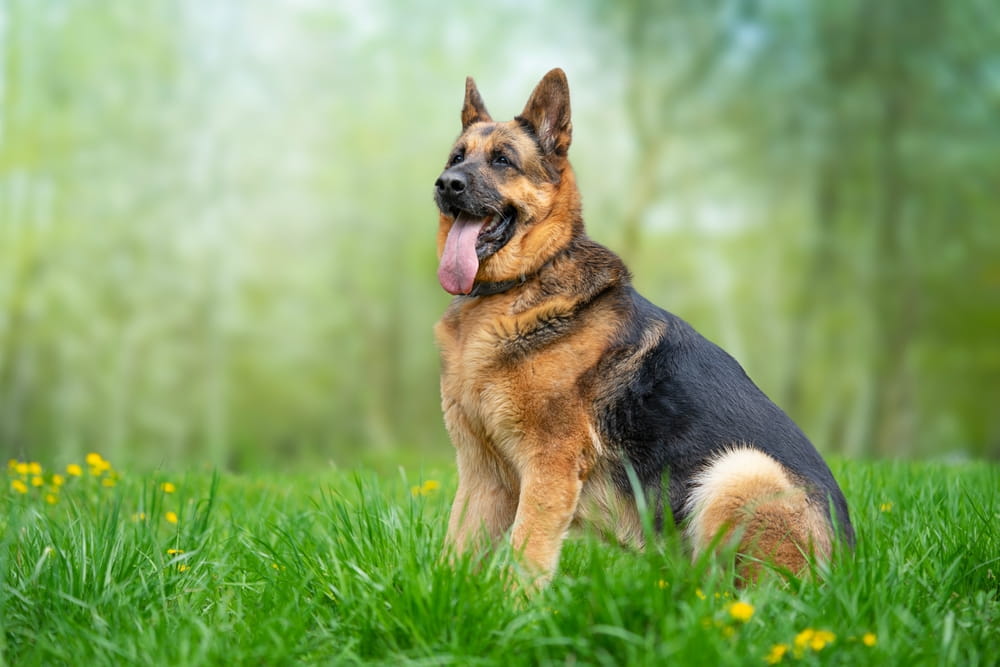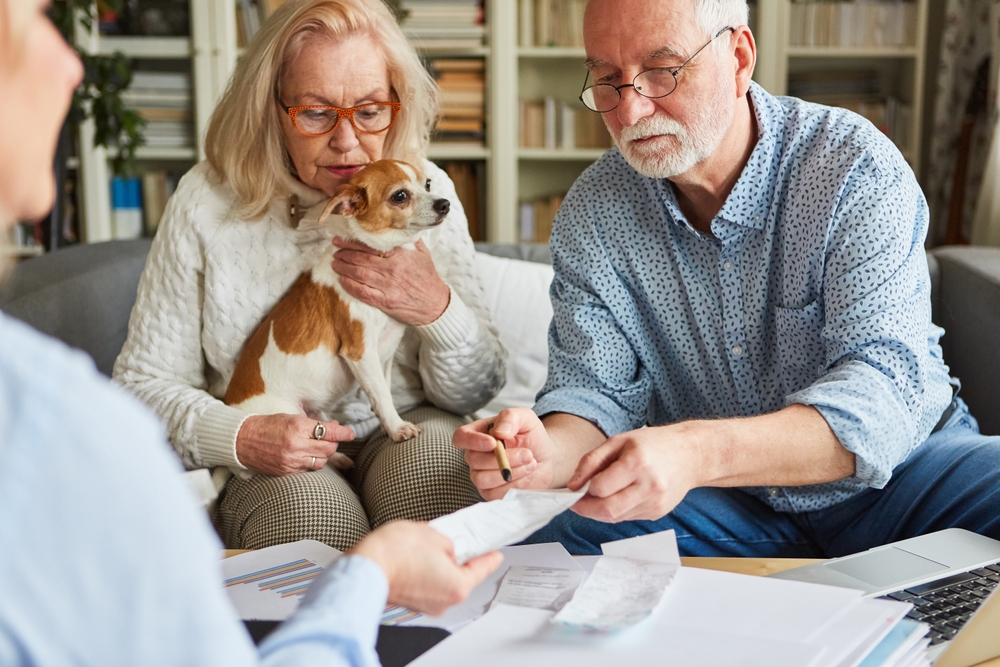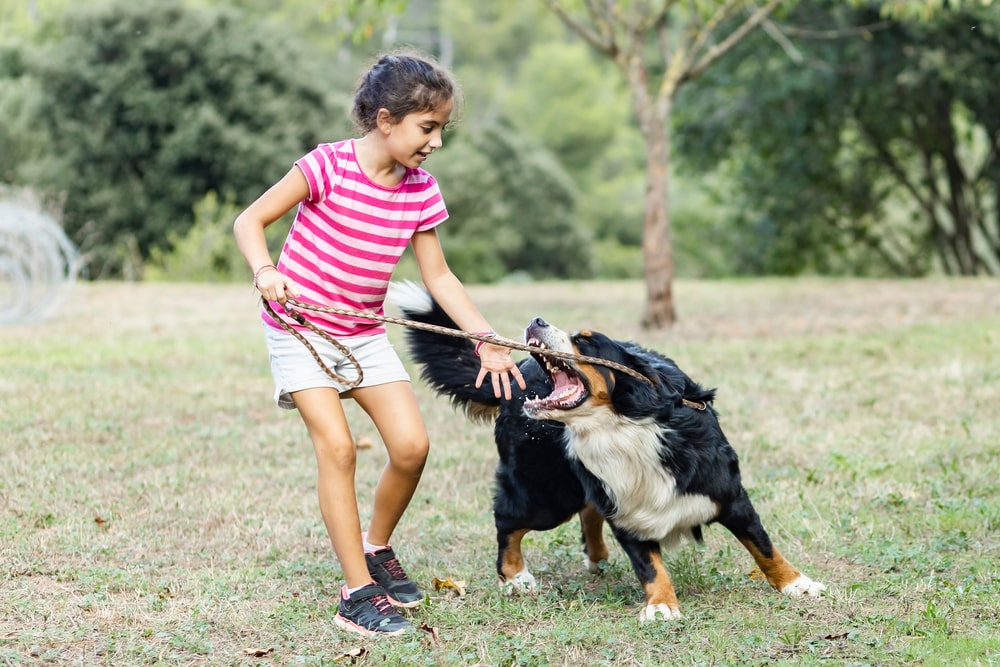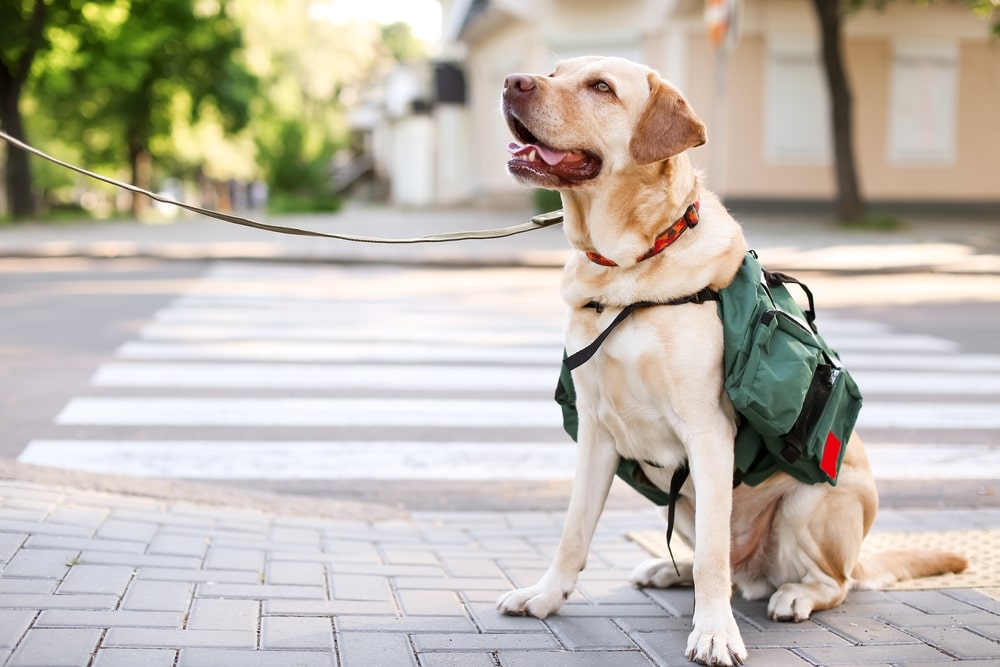
Owning a dog is a big responsibility. It’s not just about feeding them or taking them for walks. It’s about keeping them safe, making sure they behave well, and respecting the people and animals around them. Dogs need guidance to learn manners, and responsible owners help create a safe and friendly community. It’s quite a rewarding experience, but dog owners must also take responsibility for owning a pet.
Proper dog behavior makes life easier for both pets and people. Well-trained dogs listen to commands, stay calm around other pet parents, and interact safely with other dogs and animals. Dog owners must also follow dog ownership laws to avoid problems and ensure their pets don’t harm others.
Responsible dog ownership includes socialization, training, legal awareness, and financial preparation for unexpected situations. Understanding these principles helps create a positive experience for both pet owners and their communities.
Definition and Importance of Dog Etiquette and Manners
Dog etiquette is how dogs and their owners behave in different situations. A dog with good manners and etiquette is easier to handle and is less likely to cause problems to others. For example, using a leash on a dog walk, training the dog to respond to commands, and interacting safely with people and other animals are important aspects of good dog etiquette and manners.
Well-socialized adult dogs tend to be more relaxed and less aggressive. Proper dog handling means paying attention to how a pet reacts to different environments and making sure it behaves appropriately. Cleaning up after a dog, following leash laws, and keeping it under control are all part of responsible ownership. When owners prioritize dog etiquette, their pets become trusted members of the community rather than sources of concern or nuisance.
Dog Owner Responsibilities in Public and Private Settings
Dog owners must be responsible in all situations. Whether walking through a neighborhood or welcoming visitors into the home, making sure a dog behaves properly is essential.
Responsible ownership goes beyond providing food and shelter, it means considering the well-being of the pet, the people around it, and the community as a whole. Dog lovers who prioritize proper training and socialization help their dogs feel comfortable in different environments, reducing the chances of unwanted behavior.
Public Responsibilities
Keeping a dog on a leash is essential to prevent unexpected confrontations, accidents, or disruptions. Leash laws exist to ensure public safety, and responsible owners always follow them. Cleaning up after a dog is another fundamental responsibility, as pet waste can pose risks to the dog’s health and create unpleasant environments.
Owners should also try to prevent their dogs from approaching strangers or other animals without permission. Not everyone is comfortable around dogs, so keeping pets under control shows respect for others.
Private Responsibilities
At home, owners are expected to provide their dogs with food, fresh water, and a reasonably comfortable space. Regular exercise keeps dogs healthy and prevents unwanted behaviors such as excessive barking or destruction of household items. Proper training helps dogs remain calm around visitors and reduces the risk of aggression. Owners should also ensure pets don’t escape from the home or yard, as unsupervised dogs can pose risks to themselves and others.
Legal Responsibilities of Dog Owners in Illinois
A good dog owner must take their canine responsibilities seriously by ensuring their pets receive proper training, socialization, and care in both public and private settings.
According to the Animal Control Act, dog owners in Illinois are generally required to register their pets with the local authorities. This means getting a license, which helps track vaccinations and ownership records. The local governments are responsible for implementing and enforcing pet registration requirements
It is also a good idea to have an identification tag with the owner’s contact details. If a dog gets lost, this tag can help it find its way back home. This helps ensure that dogs are properly cared for and accounted for in the community.
As highlighted in the leash laws referenced above, when out in public, dogs must be kept on a leash unless they’re in a designated off-leash area. This rule exists to prevent accidents and keep interactions between dogs and strangers safe. Owners are also expected to manage their dogs’ behavior. This means preventing aggressive actions or excessive barking that might disturb others. A well-trained and well-behaved dog makes life easier for everyone.
All dogs in Illinois must receive regular vaccinations, including rabies shots. These vaccinations help stop the spread of disease and protect both dogs and people. Pet owners must also make sure their dogs receive proper veterinary care. A healthy dog is less likely to pose risks to the public. Keeping up with vaccinations and check-ups is a key responsibility of every pet owner.
If a dog bites or injures someone, its owner is legally responsible for the damages. This could mean paying medical bills or facing legal action. That’s why responsible pet ownership is so important. Proper training, socialization, and supervision can prevent incidents that lead to harm.
Owners must make sure their dogs don’t pose a danger to others. Illinois follows a strict liability rule when it comes to dog-related injuries. This means that a dog owner can be held responsible if their dog bites or injures someone, regardless of knowing the dog’s aggressive or violent tendencies or history.
Illinois also has strict laws against animal cruelty. The state takes animal welfare seriously, and reports of mistreatment are investigated. Any form of neglect or abuse can result in legal consequences, including fines and/or jail time. Animal cruelty can result in fines up to $2500 and 3 years in prison. Animal torture can have fines up to $25,000 and 5 years in prison. The penalties can be even higher for repeat offenders or if aggravating factors are involved in the case.
Having a pet means committing to its well-being. To learn more about Illinois laws that apply to dog ownership, you can contact our Injury claims attorney for dog bites in Illinois at dogbitelaws.com

Managing Proper Socialization and Training for Dogs
Dogs need to learn how to interact with people, other animals, and new places. If they don’t, they might become nervous or even aggressive. Dog play and socialization help them feel comfortable in different situations. The best time to start is when they’re young, but older dogs can still learn with patience.
Taking a dog to different places, letting them meet new people, and exposing them to everyday sounds will help. If a dog experiences new things often, they will be less scared. Giving them treats or praise when they behave well teaches them that new things can be fun.
Training is also important. Teaching basic commands like sit and stay helps a dog understand what’s expected. A well-trained dog listens to their owner and behaves better in public. Training should always be positive, using rewards instead of punishment.
When done right, it strengthens the bond between dog and owner. Dogs that are socialized and trained are more confident and relaxed. They enjoy outings, greet people nicely, and behave well at home. Putting in the time early on prevents problems and makes life easier for everyone.
The Role of Pet Liability Insurance in Dog Ownership
Having a dog is a big responsibility, and sometimes accidents happen. If a dog bites someone or causes damage, the owner may have to pay medical bills or repair costs. Pet liability insurance helps cover these unexpected expenses.
Some insurance plans cover injuries caused by a dog, legal fees if a person takes the owner to court, and even property damage. There are also policies that help pay for training if a dog starts behaving aggressively. Without insurance, an owner might struggle with costs if something goes wrong.
It’s important to check the details of an insurance policy before getting one. Some companies won’t cover certain breeds or dogs that have bitten someone before. Responsible owners plan ahead and make sure they’re protected in case something happens. Having insurance not only helps the owner but also reassures the people around them. It shows responsibility and helps prevent financial difficulties if a problem arises.
Steps to Take in the Aftermath of a Dog Bite Incident
The dog bite aftermath can be scary and stressful. If a dog bites someone, the most important thing is to make sure the injury is taken care of. If the bite is small, it should be cleaned with soap and water right away. Putting on an antiseptic and covering it with a bandage helps keep it from getting infected. If the wound is deep, bleeding heavily, or looks infected, the person should get medical help immediately.
The next step is to check the dog’s vaccination records, especially its rabies shots. If the dog isn’t up to date, the injured person may need extra medical treatment. Some areas require bite incidents to be reported, so owners should check the local rules.
Talking to the injured person and making sure they’re okay is important. Offering help and showing responsibility can prevent conflict. If medical care is needed, covering the cost through insurance or other means is the right thing to do.
If the bite happened because the dog was scared or stressed, it might need extra training. A professional trainer or veterinarian can help figure out what caused the bite and how to prevent it from happening again. Some dogs need special attention to help them feel more comfortable in different situations.
Handling a bite properly shows responsible dog ownership. Taking the right steps helps both the injured person and the dog, ensuring the situation is resolved fairly and preventing future problems. Being prepared and knowing what to do is part of taking good care of a pet.

